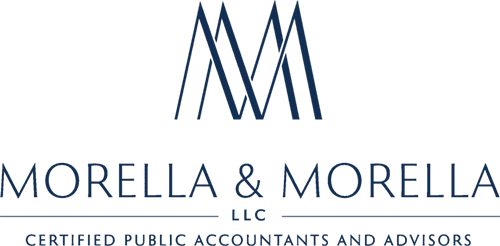If you own a small business with no employees (other than your spouse) and want to set up a retirement plan, consider a solo 401(k) plan. This is also an option for self-employed individuals or business owners who wish to upgrade from a SIMPLE IRA or Simplified Employee Pension (SEP) plan.
A solo 401(k), also known as an individual 401(k), may offer advantages in terms of contributions, tax savings and investment options. These accounts are geared toward self-employed individuals, including sole proprietors, owners of single-member limited liability companies, consultants and other one-person businesses.
How much can you contribute?
You can make large annual tax-deductible contributions to a solo 401(k) plan. For 2024, you can make an “elective deferral contribution” of up to $23,000 of your net self-employment (SE) income to a solo 401(k). The elective deferral contribution limit increases to $30,500 if you’ll be age 50 or older as of December 31, 2024. The larger $30,500 figure includes an extra $7,500 catch-up contribution that’s allowed for older owners.

